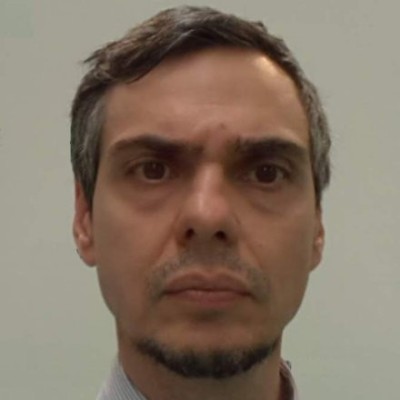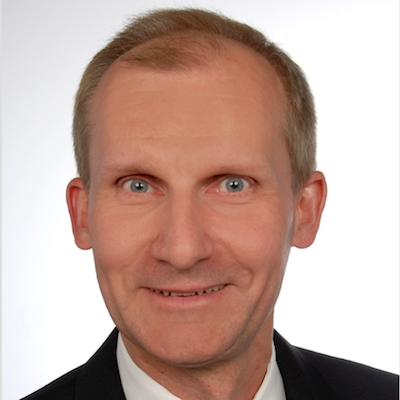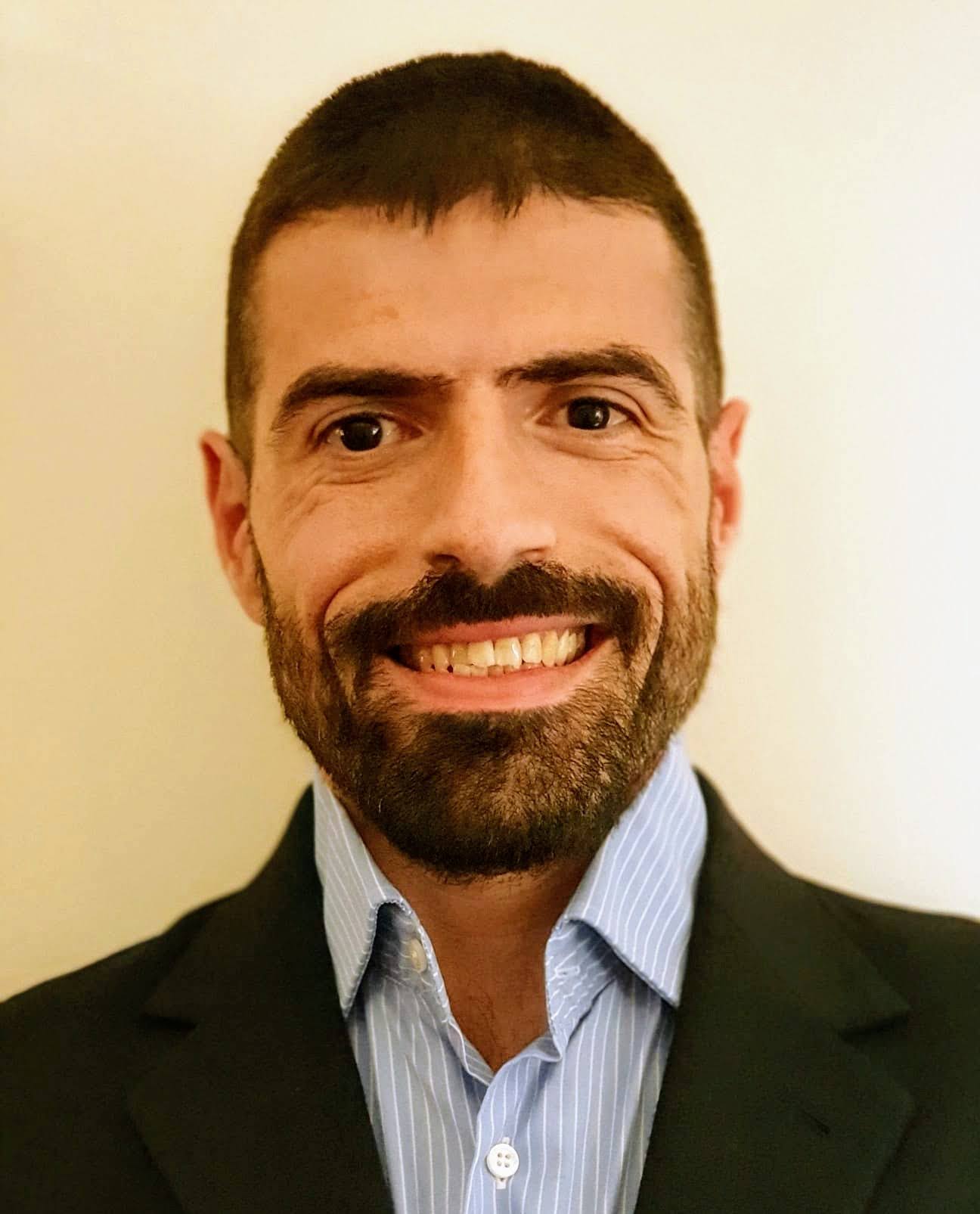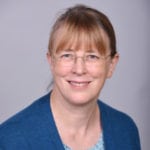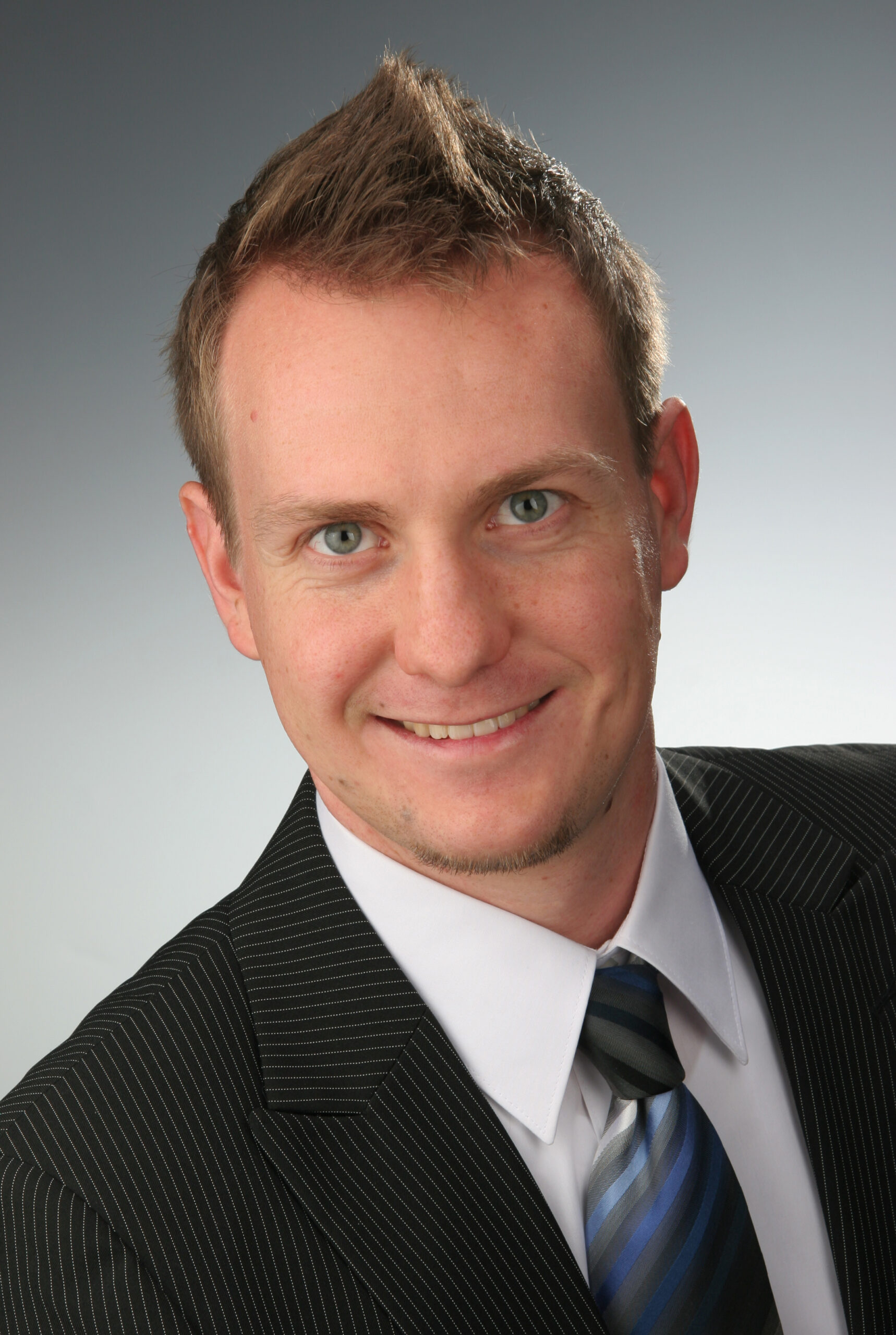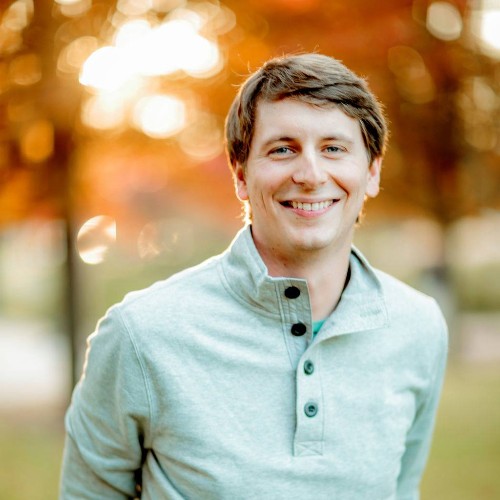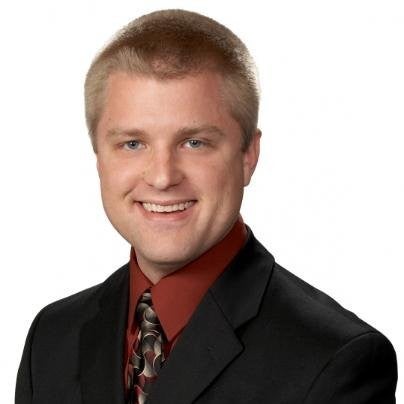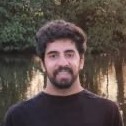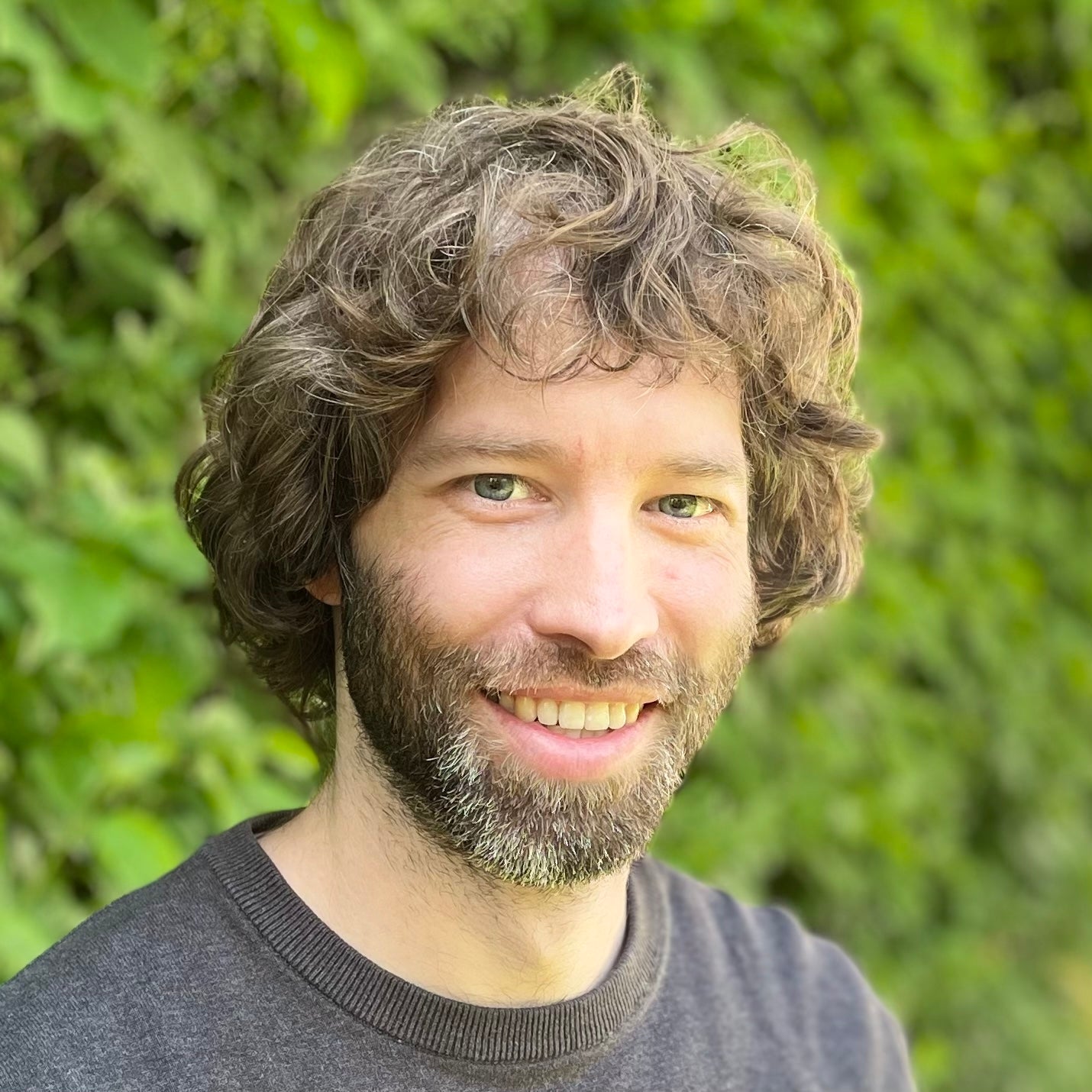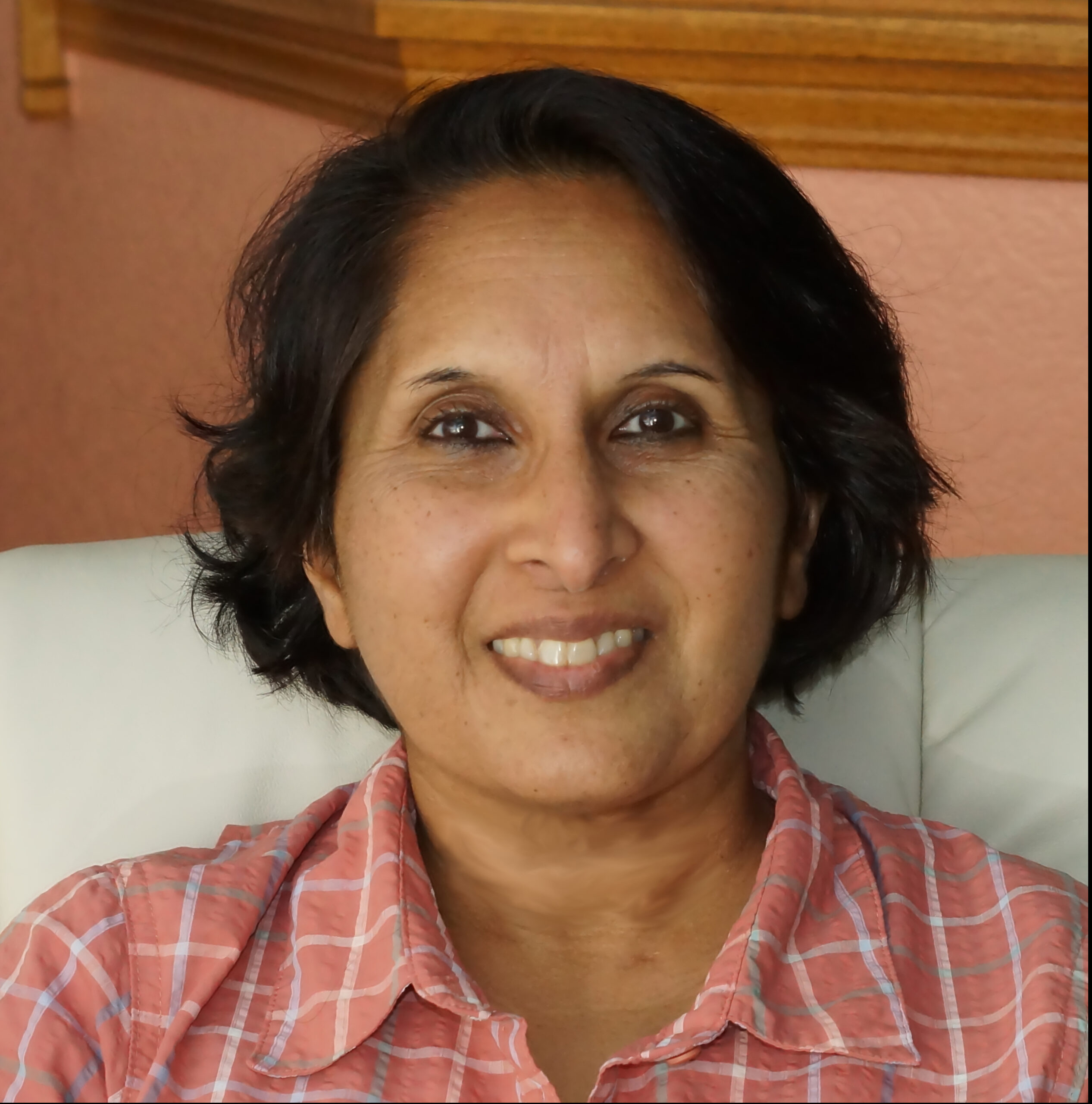Alessandro Carminati
Linux Features WG Chair
Linux Kernel Software Engineer
Alessandro is a software developer with a decade-long career.
Starting as a Network Engineer, he delivered network services to major Italian telcos. Later, he transitioned to VoIP, firmware engineering, and Linux Kernel roles, with a focus on security and automotive applications. His expertise spans C programming, Linux Kernel internals, and low-level machine language, contributing to the Linux Kernel and various upstream projects. His interest in safety matured after joining the Red Hat Automotive group, where he continues to work in safety related tech roles
Christopher Temple
Lead Safety & Reliability Architect, Arm
Christopher Temple is Lead Safety & Reliability Architect at Arm, where he develops the safety and reliability technology roadmap, and drives thought leadership in next generation cost effective safety systems. He holds a diploma in electrical engineering and control theory, and a PhD in computer science.
Prior to joining Arm he worked in strategy & innovation management roles at Freescale Semiconductor, Infineon Technologies and Intel in the field of advanced automotive technology with a focus on distributed ultra-dependable systems. He has more than 50 publications and conference contributions, and has been the main innovator on more than a dozen patents. He has been an active member in the German subcommittee of the ISO 26262 functional safety standard since 2011.
Gabriele Paoloni
Safety Architecture WG Chair
Sr PE | Open Source Community Technical Leader, Red Hat
Gabriele Paoloni is an Open Source Community Technical Leader at Red Hat where he defines best methodologies and requirements to qualify Linux for functional safety usage.
He is a passionate technologist and has strong experience in both functional safety and Linux Kernel development, including previous roles leading FuSa software architecture for Intel platforms, CCIX vice chairman of the TDL working group and HiSilicon PCIe Linux maintainer.
Gabriele received a master’s degree with honors in electronic engineering from the University of Rome.
Kate Stewart
Medical Devices WG Chair
VP, Dependable Embedded Systems,The Linux Foundation
Kate Stewart is the VP, Dependable Embedded Systems at The Linux Foundation.
She is responsible for the Open Source Compliance and Safety Certification related programs. She is acting representative from the medical devices working group to the TSC. Since joining The Linux Foundation, she has launched Real-Time Linux, Zephyr Project, CHAOSS, ELISA and ACT programs.
With almost 30 years of experience in the software industry, she has held a variety of roles and worked as a developer in Canada, Australia, and the US and for the last 20 years has managed software development teams in the US, Canada, UK, India, and China. She received her Master’s in computer science from University of Waterloo and Bachelor’s of computer science (co-op program) from the University of Manitoba.
Lukas Bulwahn
Community Member
Lukas Bulwahn received a diploma in computer science and a PhD in formal methods from Technische Universität München. From 2012 to 2021, he worked at BMW on research and development of an open-source software platform for autonomous driving systems.
One part of this research has been the development of Adaptive AUTOSAR, a standard to develop future software in C++ on top of POSIX operating systems. As another part of this research, he considers if Linux is sufficient for use as operating system for autonomous driving, which ultimately led to his participation in the OSADL SIL2LinuxMP project and Linux Foundation ELISA project, where this question is answered in an industrial collaboration.
He has presented his work at various industrial and open-source conferences, including FOSDEM, ELCE ‘17 & ‘18, Open-Source Summit Japan 2017, safe.tech 2018, Verification Futures 2018, Functional Safety 2019 and many more. He is active in collaboration with academia, in the program committee of Formal Verification of Autonomous Vehicles Workshop, Empirical Formal Methods Workshop and Industry Program Committee International Symposium on Software Reliability Engineering 2019, and on the scientific board of Operational Safe Systems 2019.
Matt Kelly
Tools WG Chair
Associate Technical Fellow, The Boeing Company
Matt Kelly is an Associate Technical Fellow at the Boeing Company with a focus on safety-critical software, automated verification, and static analysis. He has more than a decade of experience developing software across a broad range of use cases in the aerospace and defense industry. Recently, his work is focused on the use of open-source software within the company with a special focus on increasing use of Linux in embedded use cases. He holds a Master Degree in Computer Science from the University of Illinois Urbana-Champaign and Bachelor in Computer Science from Saint Louis University.
Matthew Weber
Aerospace WG Chair
Chief Software Architect, The Boeing Company
Matt Weber is a Chief Software Architect at the Boeing Company in the Enterprise Software Products & Capabilities organization. He’s focused on Linux in aerospace and defense. This focus is a theme in Matt’s career, which has involved close to two decades of embedded system development in regulated industries. Matt has previously participated in the RTCA SC-240/WG-117 (Topics on Software Advancement – SubGroup2) supplement and early during the original automotive-focused formation of ELISA. Matt attended Iowa State University, focusing on computer engineering, emphasizing networking and cybersecurity. He holds a Bachelor’s in Computer Engineering and a Master’s in Engineering from Iowa State University.
Milan Lakhani
Paul Albertella
Open-Source Engineering Process WG Chair
Consultant, Codethink
Paul Albertella is a consultant at Codethink.
With more than 30 years development experience in the automotive, mobile device and financial sectors, Paul is passionate about software engineering processes and the role that open source software and open communities are playing in their evolution.
He is a certified functional safety practitioner and has been involved in ELISA since the start of the project.
Philipp Ahmann
TSC Chair and Systems and Automotive WG Chair
Technical Business Development Manager, Robert Bosch GmbH
Philipp Ahmann is a technical business development manager at Robert Bosch GmbH with focus on Open Source activities. He represents the ELISA project of the Linux Foundation as an ambassador and TSC member.
He has more than 10 years of experience in the field of Linux automotive SW base platforms working as engineer, team leader for all test activities and as project manager. All of these projects utilized complex multi-core chipsets.
In his current position he contributes to a project focusing on embedded Linux in industrial applications and wider IoT scope beyond pure Automotive use cases.
Shuah Khan
Linux Kernel Fellow, The Linux Foundation
Shuah Khan is a Linux Kernel Fellow at The Linux Foundation.
She is an experienced Linux Kernel developer, maintainer, and contributor. She maintains Kernel Selftest framework, USB over IP driver, and cpupower. She is an active contributor to the Linux media subsystem. She has contributed to IOMMU, and DMA areas.
Shuah is passionate about mentoring and helping new developers. She enjoys sharing her knowledge and expertise in her blogs, talks, and articles. She leads the Linux Mentorship programs at the Linux Foundation to help add new and diverse talent into the Linux kernel and other open source communities to benefit the Linux and open source ecosystem. She serves on the Linux kernel Code of Conduct committee. In addition, she serves as the ELISA TSC Chair focusing on connecting ELISA Safety community with the Linux kernel community and overseeing ELISA technical direction.
She authored A Beginner’s Guide to Linux Kernel Development (LFD103) <https://training.linuxfoundation.org/training/a-beginners-guide-to-linux-kernel-development-lfd103/> a free training from the Linux Foundation.
In addition, she is helping with stable release kernel testing. She publishes blogs on Linux Kernel topics on her blog site at http://www.gonehiking.org/ShuahLinuxBlogs/. She has presented at several Linux conferences and Linux Kernel Developer Keynote Panels. She served on the Linux Foundation Technical Advisory Board. She authored Linux Kernel Testing and Debugging paper published on the Linux Journal and wrote several Linux Journal kernel news articles.
Sudip Mukherjee
Kernel Engineer, Codethink
Sudip is a Kernel Engineer at Codethink.
Sudip has a B.Sc degree and also hold a Diploma in Electronics Engineering. He has been a mainline kernel contributor since 2014. Sudip is also a Debian Developer and has worked in multiple automotive projects for Codethink’s clients.

